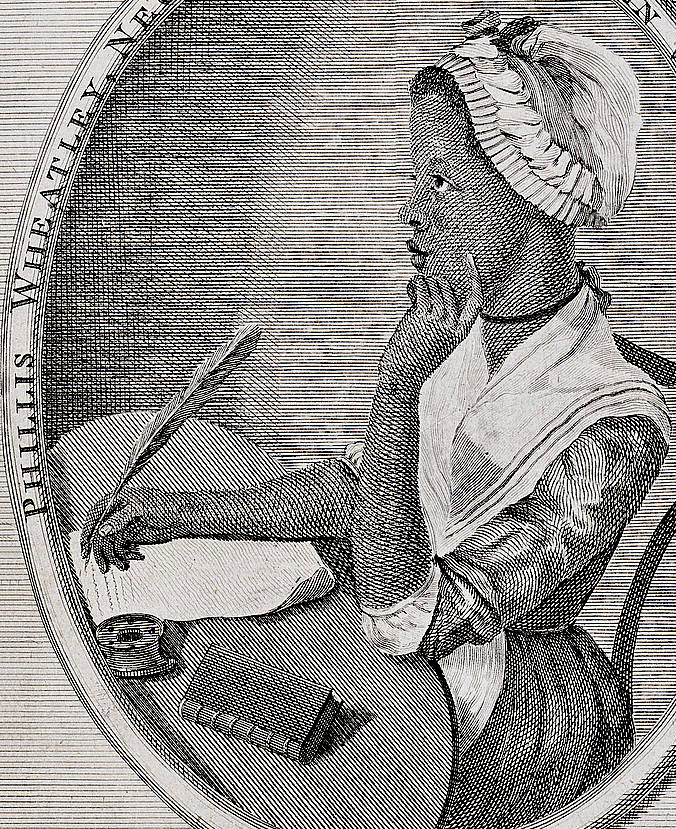Literary Periods
Literary periods refer to specific eras, their language and culture, and also formal characteristics shared by literature of different times and places.
Identifying literary periods helps us to think about a story, poem, or play by providing context. Since writers of a period share common conventions, reading a representative work from a specific period helps us understand similar works.
The Two Questions
Any story, poem, or play is representative of its time and ours as we read it. In thinking about its literary period, we can then ask two important questions about a particular work:
First, how is the work representative of its time? We can answer by thinking about the ideas influencing writers and audiences of a given historical period and the cultural purposes a text we are studying might have served.
For example, when we study an ancient Greek tragedy such as Sophocles’ Oedipus the King, we might consider that Greek drama arose out of a religious ceremony honoring the god Dionysus. What might be a night of theater for us may have been an act of religious significance for the ancient Greek audience.
Understanding that our own historical period is quite different from that of the ancient Greeks not only should help us to consider the ideas behind Oedipus in Sophocles’ time, but also to consider how our ideas of it might differ today.
The second question, then: how is a literary work representative of our time?
Understanding through literature the ideas and beliefs of a former age or another culture helps us to consider the ideas and beliefs we hold in our own time and culture.
Cultural Studies, Comparative Literature, and English
Considering cultural history in a broad sense in order to compare ideas across cultures and time periods is called cultural studies.
Cultural studies usually focuses on content, i.e. narrative concerns such as plot, characters, conflict, and themes.
Reading for content at the expense of form means one might read a literary work in translation and simply discuss its plot.
This would not allow us to study the formal elements of literature in a work’s original language, however, such as figures, diction, syntax, and prosody.
In other words, we would miss out on vital aspects of close reading.
Even if we adopt a cultural studies approach to reading, we should still define in some way which languages and what literature we will study: literature in English, world literature, Western literature, Eastern literature, American literature, Russian literature, South American literature, etc. etc.
To understand literary form, i.e. the elements of literature (especially figures, syntax, diction, and prosody), literature should be studied in its original language.
Studying literatures across cultures in their original languages is called comparative literature.
Students at colleges and universities may decide to major in cultural studies, or comparative literature, or English.
This website primarily focuses on English and literature written in English. The literary periods defined here reflect that choice.
Nevertheless, it is still helpful to begin with those ancient and classical period texts that may pre-date English but that have had an impact on the development of the English language and its literature.
It is also helpful to read later works written in languages other than English that have had a significant impact on the English-speaking world, e.g. works by Dante, Cervantes, Balzac, Tolstoy, and Márquez. (So much to read, so little time!)
Literary Periods and Representative Works
Follow the links to find descriptions of literary periods with sample, representative works for the development of literature written in English.
The lists of representative works are not intended to be comprehensive; other titles may be swapped in or out as representative of a literary period.
Reading the representative works suggested for each period, however, will provide everyone entry into a conversation in English that has been going on for a very long time.
Build a library by purchasing and reading the representative works from each of the literary periods, and learn to think like a reader:
Looking for something great to read? Starting a book club? Studying for the AP exam in literature? Follow the links to learn about the different literary periods and find suggestions for reading some representative works from each era.


